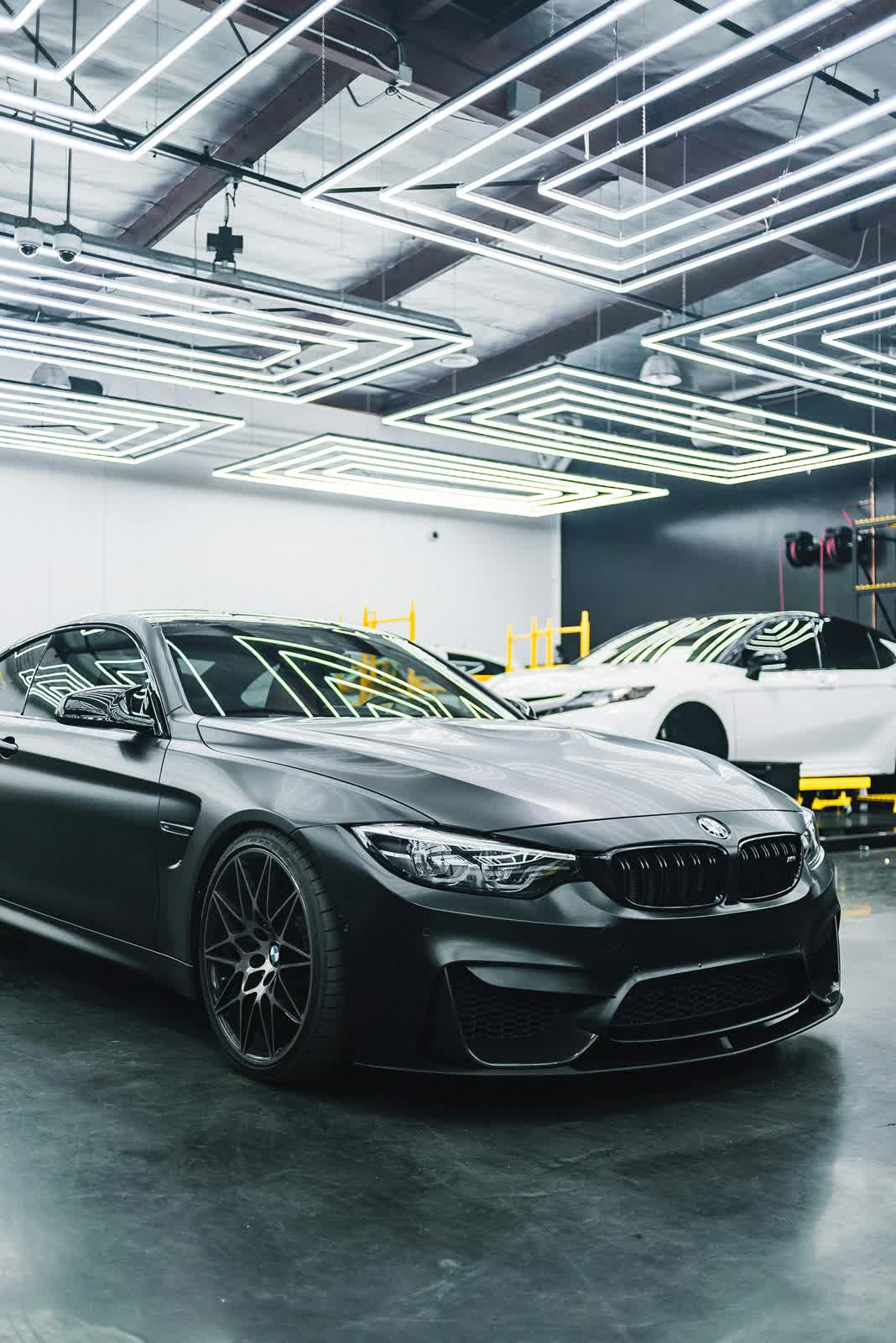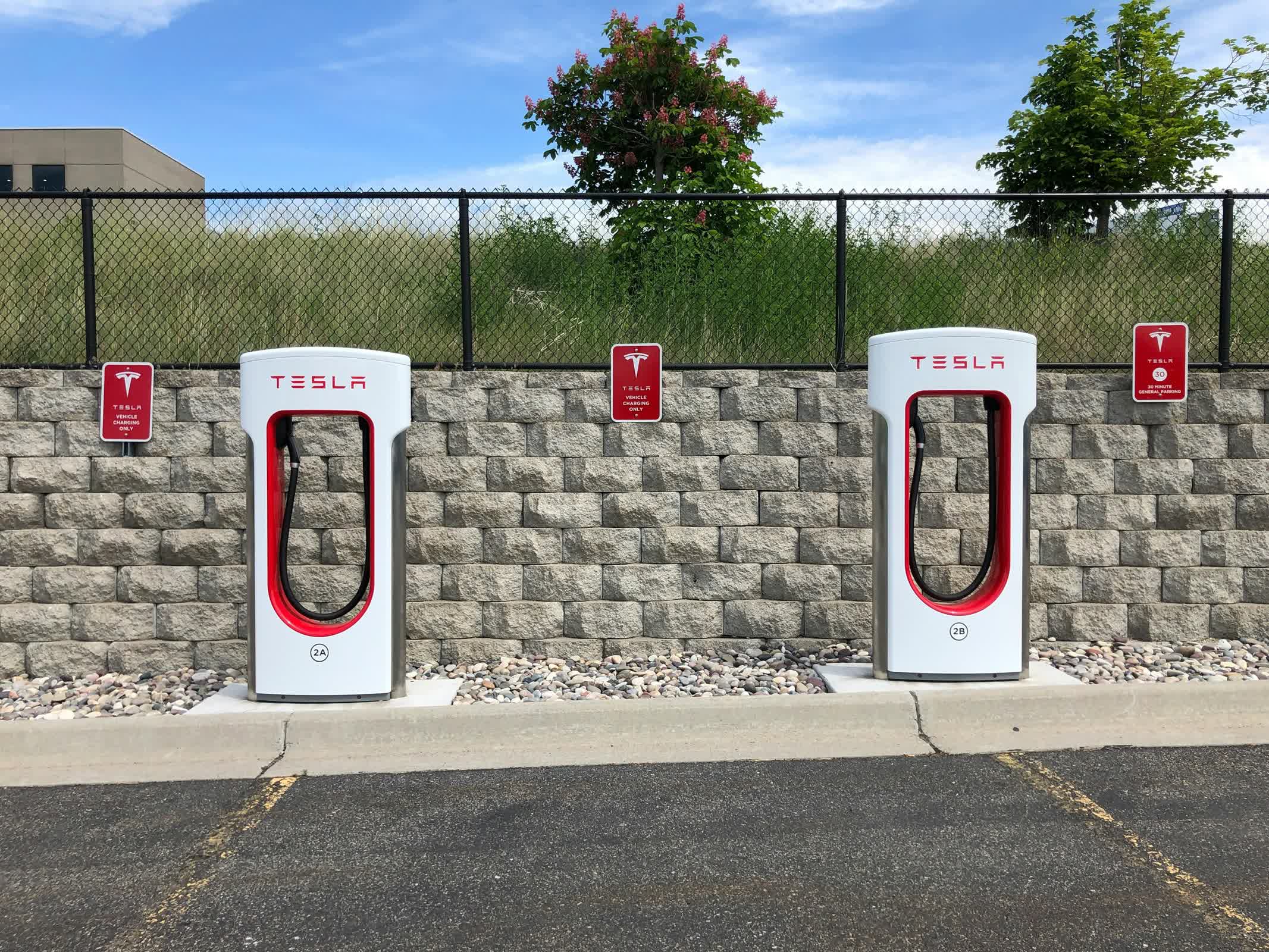In brief: When they were first introduced, electric vehicles held a certain mystique that helped to drive sales. But the aura about these vehicles has been fading as evidenced by declining sales numbers and more recently, a Pew survey showing that the number of Americans seriously considering purchasing one has dropped by 9 percentage points. There are many reasons for this decline, but one sticking point seems to be a lack of confidence that the necessary infrastructure to support them will be built.

The share of Americans who are very or somewhat seriously considering purchasing an electric vehicle has fallen significantly in the past year, dropping 9 percentage points, according to a new Pew Research Center survey. This is the first time the pace of growth has slowed in the US since mid-2020.
Several reasons for this trend were touched on in the survey.
Nearly three-quarters, or 72%, of Americans believe EVs require a larger upfront investment compared to gas-powered vehicles, and the average EV still costs more than the average gas vehicle. However, Americans are divided in their perceptions of the cost of charging or fueling these vehicles. Some 36% say EVs cost less to charge than gas-powered vehicles do to fuel, while 28% say EVs cost more, and 32% think the costs are about the same.
Widely publicized reports about EVs' reliability issues appear to have taken root, with half of Americans now saying electric vehicles are less reliable than gas vehicles, an increase of 16 points from 2021. Only 9% say EVs are more reliable, while 38% say electric and gas vehicles are about equally reliable.
Also, the perception that EVs are more fun to drive seems to have died down. In the Pew survey, just 13% say EVs are more fun to drive than gas vehicles. More than half (59%) say the two types of vehicles are about equally fun to drive.

Americans still rate EVs more favorably than gas vehicles for their environmental benefits, with nearly half (47%) saying EVs are better for the environment than gas vehicles. However, even here, EVs are losing their allure, with the share of people in this category decreasing 20 points since 2021, from 67%.
Perhaps the biggest factor weighing against EVs is the notion that there are not enough charging stations to make owning an EV convenient. Overall, 56% of Americans are not too or not at all confident that the US will build the necessary infrastructure to support large numbers of EVs. Another 31% are somewhat confident, while just 13% are extremely or very confident.
Your personal politics plays a role too – perhaps not surprisingly, if you are a Democrat you are more apt to want to buy an EV, according to the survey, and to view their attributes in a positive light. Republicans, meanwhile, express strikingly low confidence in EV infrastructure. Only 6% are extremely or very confident the US will build the necessary infrastructure, while 76% are not confident.
But personal politics only takes you so far with this issue. Only 19% of Democrats say they are extremely or very confident about the future of EV infrastructure in the US, while 38% are not confident. The share of Democrats who are extremely or very confident in EV infrastructure has decreased by 7 points from a year ago.
Fewer Americans want to buy an EV compared to four years ago, so what changed?